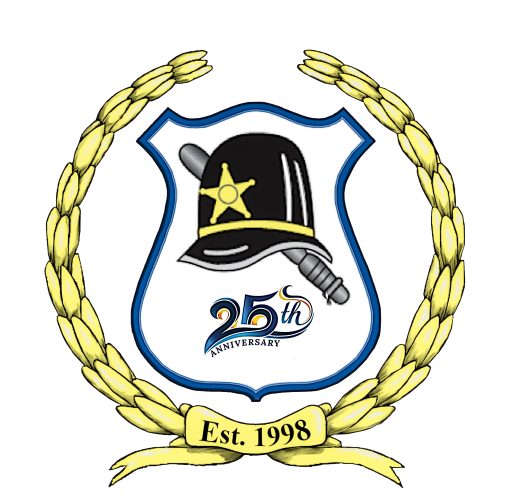Federal Bureau of Investigation
Before 1900, law enforcement was provided almost completely by local and some state police departments. Constitutionally, federal law enforcement could be effected by calling up the Militia.
The nation was growing in population, crime, transcontinental transportation, and corruption. President Theodore Roosevelt, a Progressive and former New York Police Commissioner, made president by an anarchist assassin’s bullet, determined a step forward would be the creation of a national law enforcement entity. His Attorney General, grandnephew of Napoleon, Charles Bonaparte, was of like mind. Without Constitutional or Congressional authorization, on July 26, 1908, Bonaparte quietly hired 9 Secret Service Agents, added 25 other investigators, and formed the first Bureau of Investigation, placing them under his Chief Examiner, Stnaley W. Finch. Without Congressional objection or notice, he maintained the unit until he was replaced by the new president. The next Attorney General, George W. Wickersham, kept the rogue agency and gave it a name, the “Bureau of Investigation.”
Soon, the Bureau took over the National Identification Bureau, established by Cincinnati Police Superintendent Phillip Deistsch and later maintained by the International Association of Chiefs of Police in Chicago. In 1928, they adopted and assumed national administration of the Uniform Crime Reporting (UCR) system, established by Cincinnati Police Chief Robert Copelan.
By July 1935, the Bureau was well known, operating out in the open, and Congress recognized it as a law enforcement agency and renamed the Federal Bureau of Investigation. Its agents were armed and Congress imposed a death penalty for killing an agent. A month later, Cincinnati Field Office Special Agent Nelson Klein was shot and killed in College Corner, Ohio and the murderer was captured, tried, and hung.
Over time the FBI has grown to be a premier law enforcement training entity, including operating one of the top four secondary law enforcement education schools, the F.B.I. National Academy. They coordinate almost all nationally reported criminal offenses, arrests, law enforcement officers killed, etc. They have a top notch criminal forensics lab. And they investigate everything from auto thefts to international espionage.


